12 fascinating facts about the famous June 12
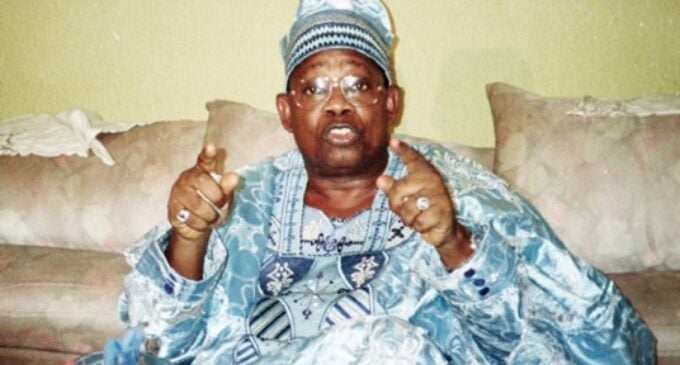
It is 21 years today since the landmark June 12 presidential election was held. It is still regarded as the most credible election Nigeria has ever held ─ given the build-up to, and the conduct of, the poll. There was a televised debate the presidential candidate of the Social Democratic Party (SDP), Bashorun MKO Abiola, and that of the National Republican Convention (NRC), Alhaji Bashir Tofa. There were no reports of violence and the electoral commission, for once, distributed materials on time. Here are 12 interesting facts on the election, won by Abiola, but annulled by the military president, Gen. Ibrahim Babangida, before all the results were announced. The annulment plunged Nigeria into a five-year political crisis.
1. Religion played a major role in the election. For fielding a Muslim-Muslim ticket, the SDP came under attack from the NRC which portrayed their opponents as being insensitive to the religious balance in the country. Ironically, on the day of the TV debate, SDP national secretary, Alhaji Sule Lamido (now governor of Jigawa State), read an article previously written by NRC’s presidential candidate, Tofa, in Kano-based The Pen newspaper in which he incited violence against Christians. An embarrassed and outed Tofa replied that he had become a changed man.
2. The chairman of SDP was Chief Tony Anenih. He is today the chairman of the Board of Trustees of the Peoples Democratic Party (PDP). The NRC was led by Dr. Ahmed Kusamotu. Anenih, despite his party winning the election, led other executives to negotiate for an interim national government with the military government after the annulment. He belongs to the Shehu Musa Yar’Adua camp in the SDP, whose choice for the vice-presidential ticket, Alhaji Atiku Abubakar, was not picked by Abiola. The ex-SDP chairman, Alhaji Babagana Kingibe, was preferred by Abiola reportedly on the recommendation of the governors.
3. Several key actors in the election are now dead. Abiola died in detention in 1998. Justice Bassey Ikpeme, who gave the controversial order stopping the election, died in 1997. Mr. Clement Akpamgbo, the attorney general and minister of justice who was involved in the legal tussles, died in 2006. Admiral Augustus Aikhomu, then second-in-command to General Ibrahim Babangida, famously said Abiola could not be sworn in as president because government was owing him a lot of money. He died in 2011. Kusamotu, then NRC chairman, died in 2005.
4. Dim Chukwuemeka Ojukwu left SDP in anger before the election. With the SDP picking a Muslim-Muslim ticket which effectively left the Igbo out of the picture, Ojukwu defected to NRC which picked an Igbo, Dr. Sylvester Ugoh, as the vice-presidential candidate. Ojukwu said the Igbo had been marginalised in the SDP. Reminded that the position of secretary to the government of the federation had been zoned to the Igbo, he quipped: “SGF is a glorified tea boy!” However, other top Igbo politicians remained in the SDP, notably Chief Chukwuemeka Ezeife and Chief Jim Nwobodo.
5. There was a serious debate about unicorn and donkey after the election. Abiola went to the polling unit to vote, wearing an attire that had the symbol of a unicorn or a donkey (pictured). The NRC wanted him disqualified for campaigning on the day of the election ─ in violation of the electoral laws. They considered his dressing as a form of political campaign. A debate broke out. SDP said the logo on Abiola’s dress was that of a donkey, while the logo of the party was a unicorn. The debate went on, gaining significant airtime until the announcements of results was halted and the election itself annulled.
6. By a twist of fate, no Hausa or Fulani featured on the tickets. Politically in Nigeria, the Hausa/Fulani are considered to be the prime forces, often accused of harbouring a “born to rule” mentality. But no person of Hausa or Fulani blood was picked as presidential or vice-presidential candidate. Alhaji Bashir Tofa is a Kanuri from Kano. Alhaji Babagana Kingibe, a Kanuri from Borno State, was Abiola’s running mate. However, after the annulment, the Hausa/Fulani bore the brunt.
7. Abiola scored 58.36% of the 14 million votes cast. His rival, Tofa, polled 5,952,087 votes, representing 41.64%. Only three states each returned more than 1 million votes, all southern: Lagos, Rivers (now Rivers and Bayelsa) and Ondo.
8. Abiola received his highest votes from Lagos State. He smiled home with 883,965. Ondo State (now Ondo and Ekiti) delivered a total of 883,024 votes, which gave Lagos a good run for its money. He could only score 70,219 votes in Kebbi, his worst in absolute figures.
9. Abiola scored more than 80% in each of the five south-western states: Lagos, Ondo, Oyo, Osun and Ogun State. Osun’s 87% was his highest percentage nationwide. His 78% in Kwara was his highest outside of the south-west.
10. Tofa scored his highest tally in River States, polling 640,973 votes. Abiola got less than half of that in the state. Tofa’s worst vote tally was in Jigawa, next door to his home state Kano, where he got only 89,636 votes. His lowest percentage was in Osun (12%).
11. Tofa did not score up to 80% in any state. He came close to that in Sokoto where he got 79%. Incidentally, Abiola scored his worst percentage in Sokoto (20%). Tofa, however, did not score up to 70% in any other state after Rivers.
12. Tofa lost his home state, Kano, albeit marginally. He got 154,809, a few thousands less than Abiola’s 169,519. However, Tofa’s score would have been 154,810 if he had voted ─ assuming he voted for himself. A registration mix-up meant he was unable to cast his vote.






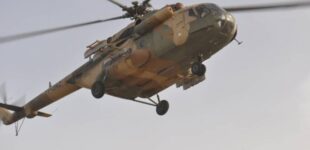
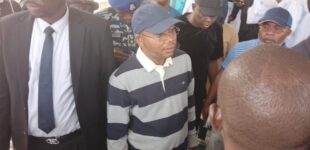
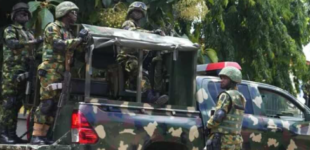
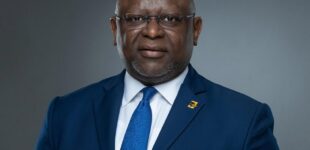

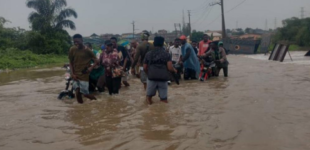
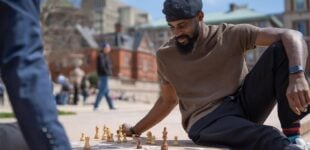
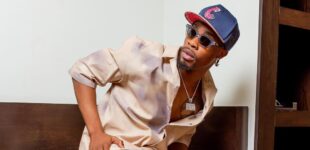

This is a material for Nigeria Political History for UNILAG students. Well researched & written piece from The Cable. I thought Dr. Tom Ikimi was the National Chairman of the NRC at the time of June 12 1993, but remembered that he was the counterpart of Alhaji Babagana Kingibe of the SDP at that time when IBB military junta removed them. This was the best political arrangement and structure in Nigeria where Humphrey Nwosu’s NEC conducted landmark elections and not the nonsense INEC is doing these days.
I have belive that all we be well in this our nigeria, no matter how it may be ex-president general IBB he’s not supposed to do what he did in that 1993 general elections